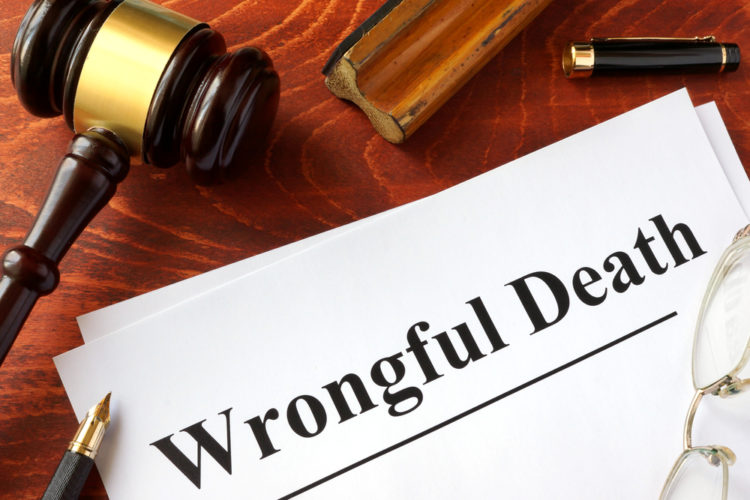December 31, 2022
Wrongful Death Lawyers
A hearsay exception that would allow a party to use an out-of-court statement for the truth of the matter asserted is medical treatment. The statement has potential of admittance regardless of whether the declarant is available as a witness. Rule 803(4) governs the medical treatment exception for an out-of-court statement to use for the truth of the matter asserted.
The rule reads as follows: “The following are not excluded by the rule against hearsay, regardless of whether the declarant is available as a witness: statement that is made for- and is reasonably pertinent to- medical diagnosis or treatment; and describes medical history, past or present symptoms or sensations, or their inception or general cause.” The first portion of the real requires that the statement is either made for or is reasonably pertinent to a medical diagnosis or treatment. A statement made for medical diagnosis is relatively easier to spot, as it is based on a subjective standard. The reasonable pertinence of a statement for medical diagnosis is an objective standard. Read together, if a declarant subjectively makes statements for the purpose of getting a medical diagnosis or if they are objectively pertinent to a medical case, it would qualify under the exception.
The description of medical history, past or present symptoms or sensations, or the inception or general cause of the medical diagnosis requires knowledge about how the condition arose. Under the Federal Rules of Evidence, the knowledge standard equates to actual knowledge. Additionally, the rule excludes statements that blame a particular person or organization for the cause.
One important concept of the hearsay exception is that the statement does not need to be made by a medical professional. Any person can make the statement as long as the declarant made them for medical purposes. With that being said, almost any statement made by a patient that appears in a medical record is admissible. This would mean that psychological conditions are admissible as well. Lastly, the rule imposes no time limit.
Thanks to the experienced wrongful death lawyers of Eglet Adams, for their insight on medical treatment hearsay exceptions.

